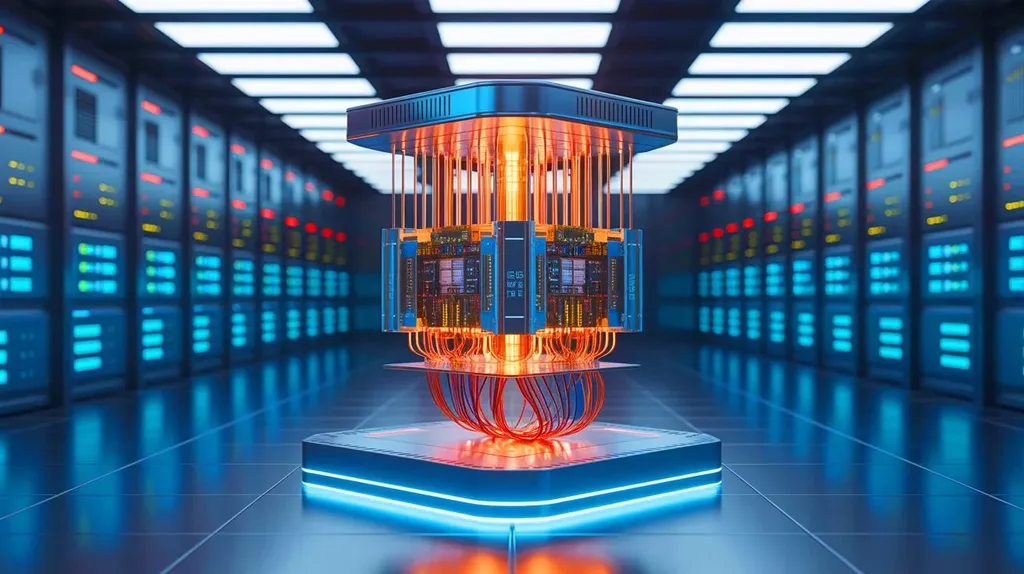In the rapidly evolving landscape of decentralized computing, a groundbreaking approach to quantum federated learning (QFL) has emerged, promising to revolutionize how industries like energy harness data-driven insights while preserving privacy. At the forefront of this innovation is Koffka Khan, a researcher from the Department of Computing and Information Technology at the University of the West Indies, St. Augustine, Trinidad and Tobago. Khan’s latest work, published in the IEEE Transactions on Quantum Engineering (translated to English as “IEEE Transactions on Quantum Engineering”), introduces a novel framework called dual-timeline quantum federated learning (DT-QFL). This framework could significantly impact sectors that rely on robust, time-sensitive data analysis, such as the energy sector.
Federated learning (FL) has long been celebrated for its ability to enable collaborative model training without exchanging raw data, thereby preserving privacy. Quantum federated learning extends this capability by leveraging quantum computing to enhance computational efficiency and security. However, existing QFL frameworks often struggle with temporal inconsistencies and model robustness across time-evolving datasets. Khan’s research addresses these challenges head-on by integrating time-reversal symmetry into QFL.
“The key insight here is that quantum systems exhibit two opposing arrows of time, which we can harness to improve computational processes,” Khan explains. “By encoding temporal correlations in client updates using quantum memory kernels, we ensure that both past and future data distributions contribute to the learning process. This dual-timeline approach not only enhances model robustness but also reduces catastrophic forgetting in decentralized environments.”
One of the most compelling aspects of DT-QFL is its potential to transform the energy sector. Energy companies often deal with vast amounts of time-sensitive data, from grid management to predictive maintenance. The ability to learn patterns invariant to time flow can significantly improve the accuracy of predictive models, leading to more efficient energy distribution and reduced downtime.
“Imagine a scenario where energy grids can predict failures before they occur, not just based on current data but also by considering historical trends and future projections,” Khan elaborates. “This is the power of DT-QFL. It enables a more holistic approach to data analysis, making it an invaluable tool for industries that rely on time-sensitive decision-making.”
The introduction of a quantum temporal-invariant neural network further enhances the robustness of federated models. This innovation allows models to learn patterns that remain consistent regardless of the time flow, thereby improving generalization and reducing the risk of model degradation over time.
As the energy sector continues to evolve, the need for advanced data analytics tools that can handle complex, time-sensitive datasets becomes increasingly critical. DT-QFL offers a promising solution, combining the strengths of quantum computing and federated learning to deliver more accurate, robust, and privacy-preserving models.
Khan’s research, published in the IEEE Transactions on Quantum Engineering, marks a significant step forward in the field of quantum federated learning. By integrating time-reversal symmetry and quantum memory kernels, DT-QFL paves the way for more efficient and reliable decentralized model training. As industries like energy seek to leverage the full potential of their data, innovations like DT-QFL will play a crucial role in shaping the future of data-driven decision-making.
In the words of Khan, “The future of quantum federated learning is bright, and DT-QFL is just the beginning. We are on the cusp of a new era in decentralized computing, one that promises to unlock unprecedented opportunities for industries across the board.”

